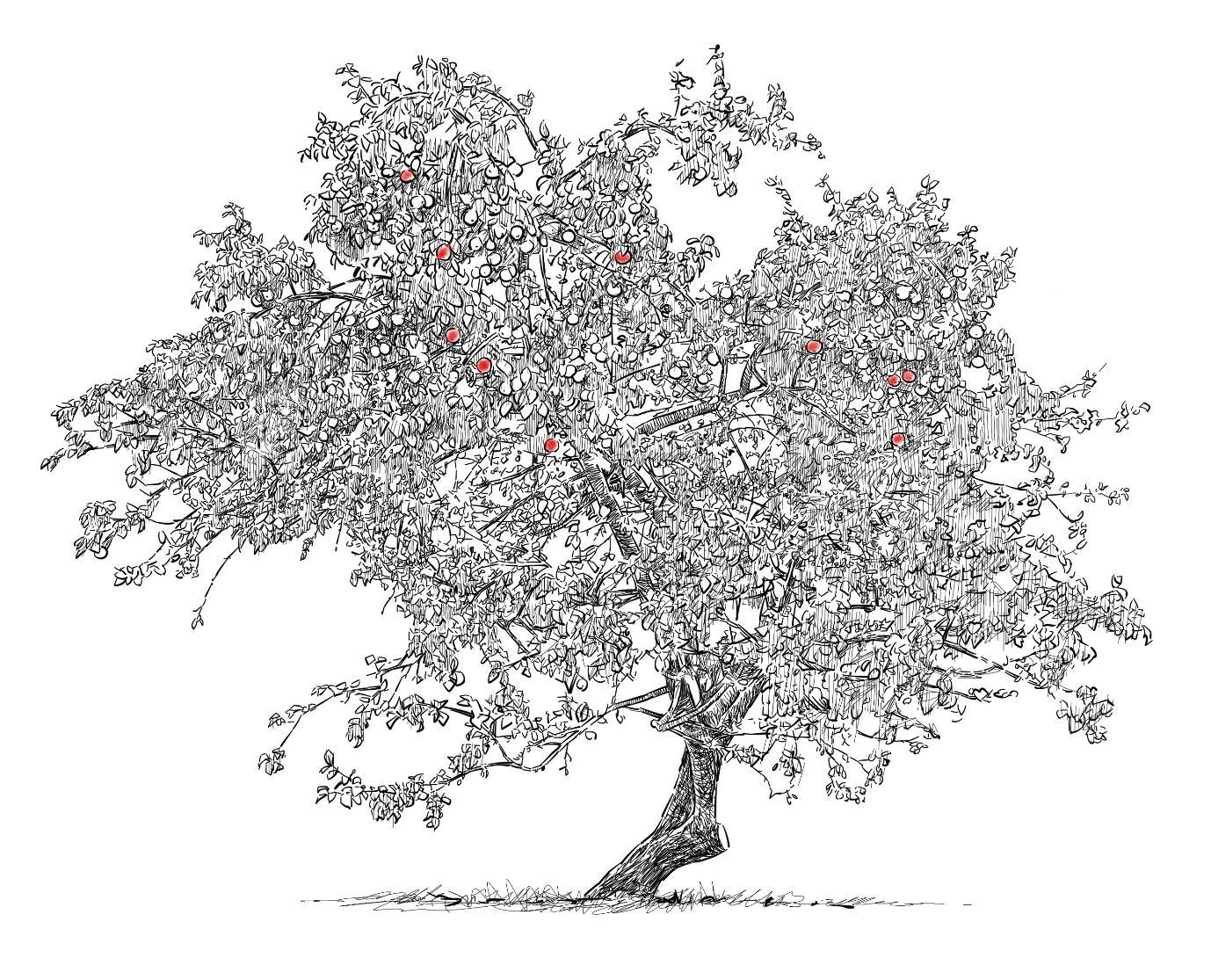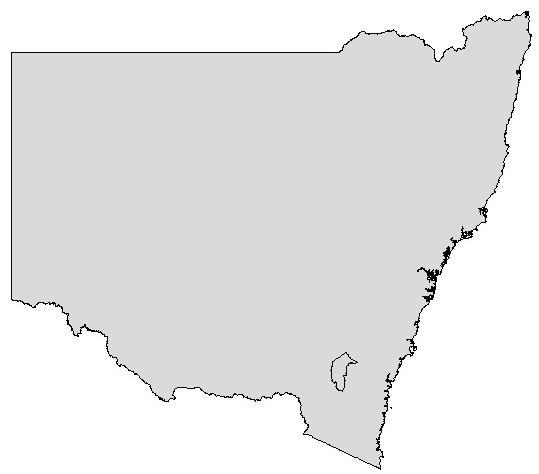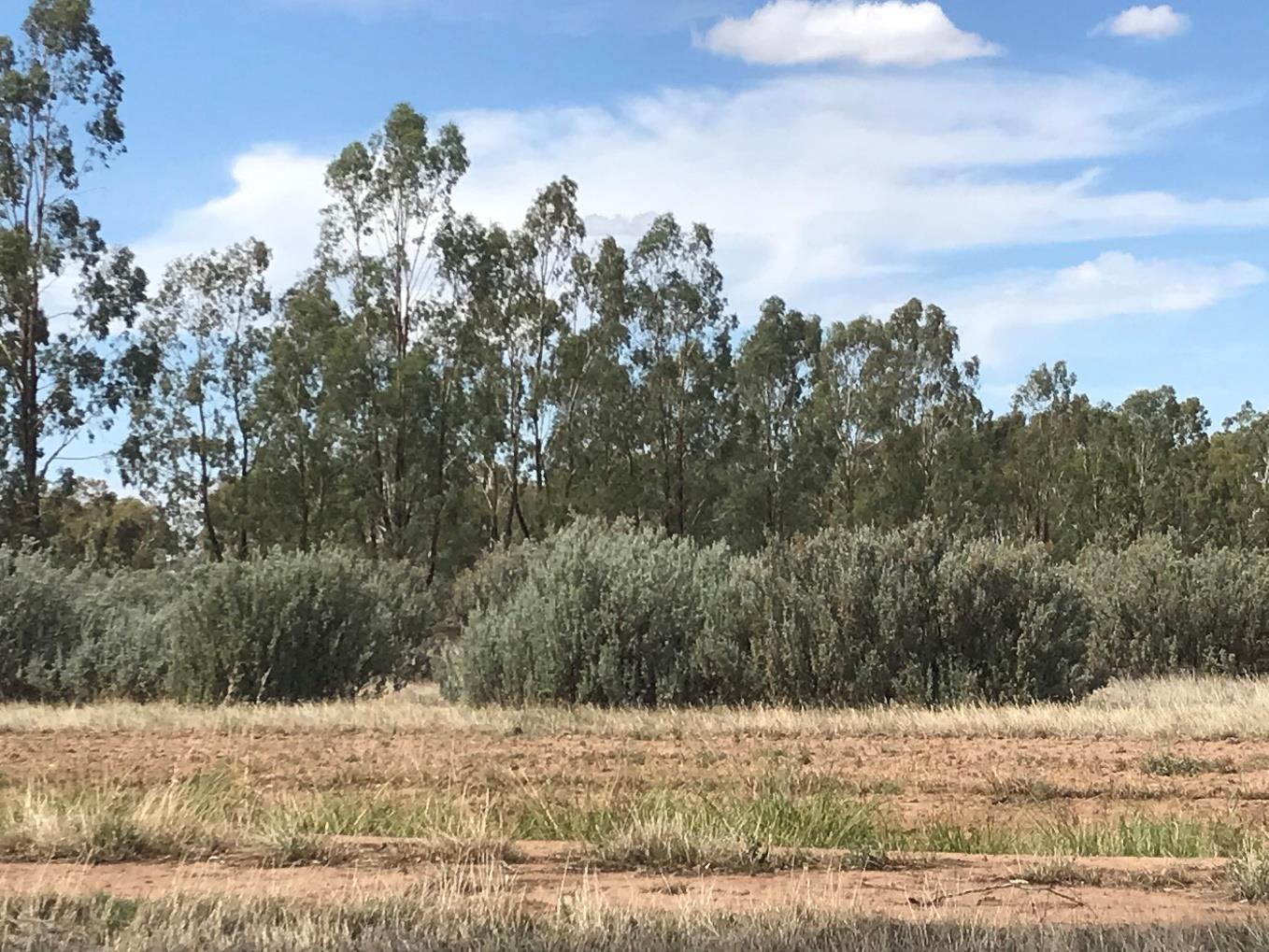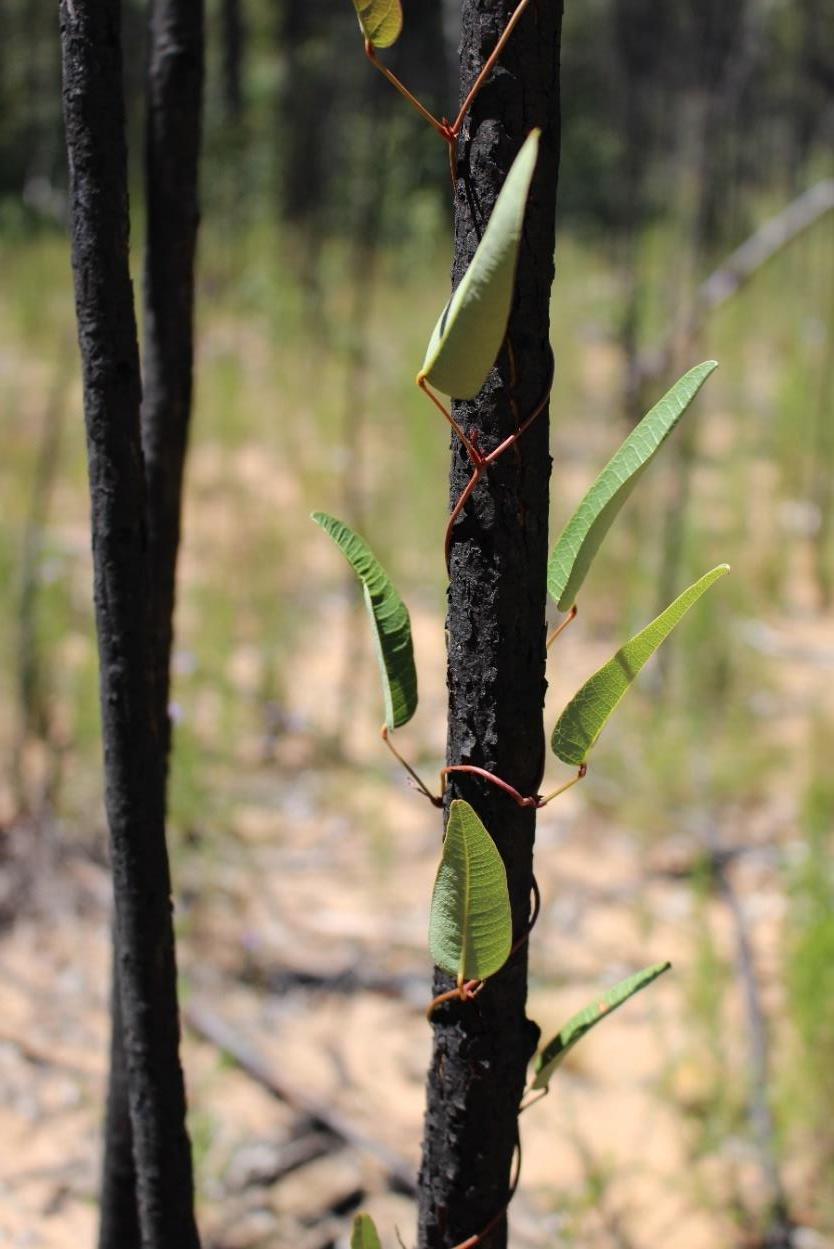
5 minute read
Experiencing the Word
Sowing Seeds before the Apocalypse –Martin Luther’s Response to Climate Change.
Dr. Michael Mawson United Theological College, Sydney.
This summer has brought with it drought, bushfires, hailstorms and flooding. It seems as if the end times are upon us. More specifically, there is now irrefutable evidence of climate change and the extent of its effects. And even if only the most conservative of predictions from scientists are correct, the experiences of this last summer are just a foretaste of what is to come.
This means that extreme weather events are likely to soon become the norm. Hotter and dryer conditions will almost certainly result in more frequent and widespread bushfires. Warming oceans will further compromise reefs and other fragile ecosystems. Many indigenous flora and flora will become endangered and then extinct. And large parts of Australia will soon be inhospitable and uninhabitable to human and nonhuman life.
In the face of this impending crisis, our politicians are proving unable to provide leadership, at least of a kind that might result in a coordinated and sustained response. The industries which have make the greatest contributions to carbon emissions continue with business as usual. And there is little indication that many of us are willing to embrace the kinds of changes and sacrifices that would mitigate climate change and its effects.
In short, the world as we know it is coming to an end. And there is little reason to believe that this end can or at least will be avoided. How, then, do we continue to sustain faith and action in the face of all this? For those of us who claim to be Christians, how do we sustain hope in a way that is responsive to (rather than evading and avoiding) the seemingly overwhelming challenges of this new situation?
Martin Luther is supposed to have once claimed, ‘Even if I knew that the world were to end tomorrow, I would still plant my apple tree today.’ What are we to make of Luther’s enigmatic remark? By one plausible reading, his remark amounts to little more than act of quiet defiance in the face of impending destruction. According to such a reading, he is advocating something along the lines of one final performance as the Titanic slips beneath the waves. Planting an apple tree just before the end is thus a noble gesture, but ultimately a futile one.
By another reading, Luther’s planting is not simply an act of defiance, but also an insistence upon attending to God’s presence and work where we are. Throughout his theology, Luther displays this deep commitment to finding God in the mundane, everyday activities that make up much of our lives. God is to be found in the slow and careful work of planting and cultivation, even and especially when we ourselves cannot clearly
see the significance of such work. We undertake such small, hopeful acts, trusting that God is present and preserving the world through them.
This thread is present in Luther’s famous tract, ‘The Freedom of a Christian’. Here one of Luther’s driving concerns is to show how serving God and neighbour need not be governed by anxiety and fear. It is not up to us to establish our own value or meaning (or our own future or salvation) through good works or accomplishments. Rather, it is God’s grace alone that justifies us and secures who we are. And for Luther, recognising this frees us to be in the world in a different way. In particular, it frees us to be present and attentive to others, without some ulterior motive or higher agenda. Because we are saved and secured by grace alone, we are free to quietly love and serve others simply as we find them.
What are we to make of Luther’s theology of grace and presence? In the midst of our anxieties about climate change and its challenges, what consolation do these threads from his theology have to offer?
A few thoughts.
First, as just noted, I think that Luther helps remind us we are free from having to secure our value or identity for ourselves. Specifically, because of God’s grace we are free from many the kinds of cultural pressures and pursuits that have contributed to the current crisis (i.e. defining ourselves through travel and experience, consumption, technology, the accumulation of possessions, the pursuit of security at all costs, etc.). In faith and hope, we are free to commit to the quiet and less glamorous
work of planting and cultivating trees. We are free to live and to serve one another where we are, and in ways that are unexceptional and close to the ground.
Second, in a related way, Luther reminds us that we are free to recognise and reject a scarcity mentality that is becoming ever more prevalent as climate change takes hold. We are free to reject a kind of politics that is driven by such a mentality, that is, by our collective anxieties about securing borders and maintaining economic prosperity. Instead, in faith and hope we recognise and embrace our deeper connectedness to one another and the earth. For Christians, faith in God’s abundant grace stands in opposition to any concerns about scarcity.
Third, Luther’s theology reminds us that our faith and hope are to be this worldly. If we have hope in a life to come (a time ‘when God shall wipe away all tears…’) this is not to be at the expense of attending to the present and its challenges. As another Lutheran theologian has recently put it, ‘Christian hope is not about expecting another world, but rather an encounter with God himself in this world.’ Christian faith and hope continually press us back into the present. They allow us to attend to and remain with the climate emergency and its challenges, resisting the temptation of easy answers or false reassurance.
Finally, in this way Luther directs our gaze downwards. He helps us to commit to where we already are and the tasks that are at hand. Because of faith in God’s grace, we are free to do the good works God has prepared for us (Ephesians 2:10). Once again, we are free to commit to the small and hopeful tasks of planting and cultivation, as well as to any available acts of resistance and disruption. Indeed, it is through such acts, following Luther that
we begin to step back from and unravel our complicity in the systems and logics that have led us to this point. It is through such acts that we acknowledge God’s grace, and begin to live into our freedom.
The world is about to end. So in faith and hope, let us begin to plant trees.








